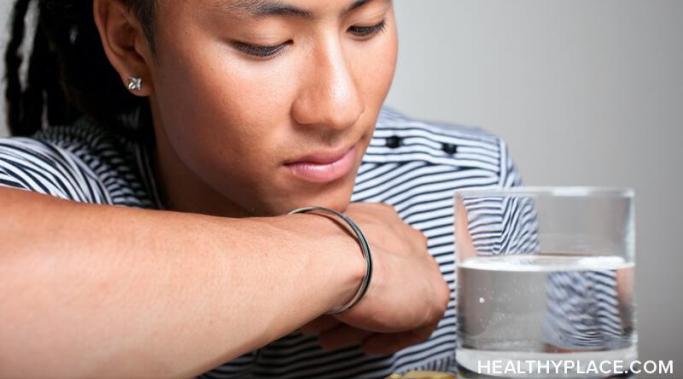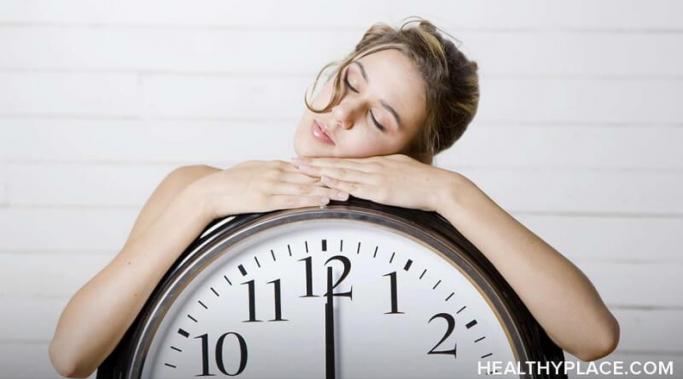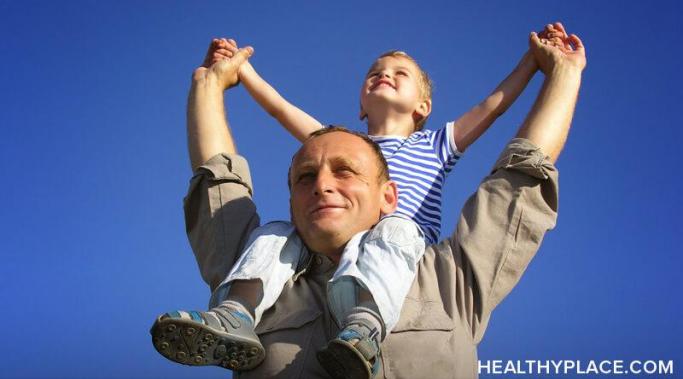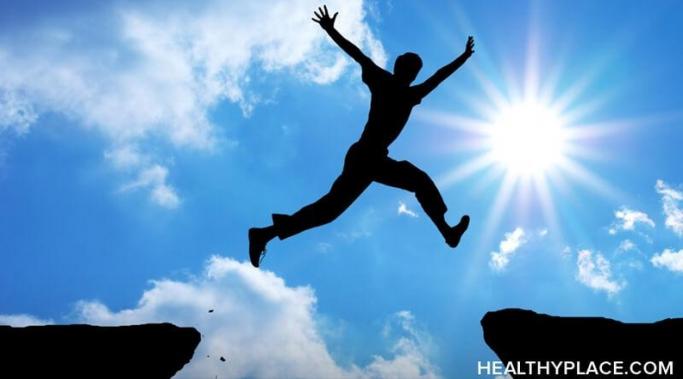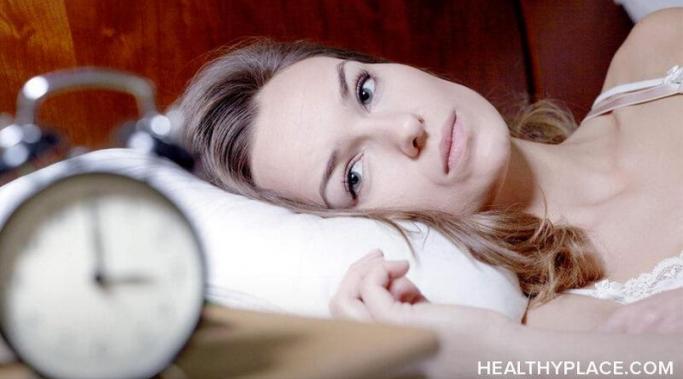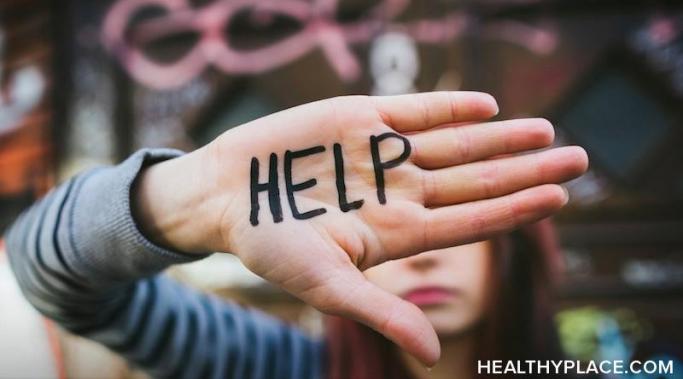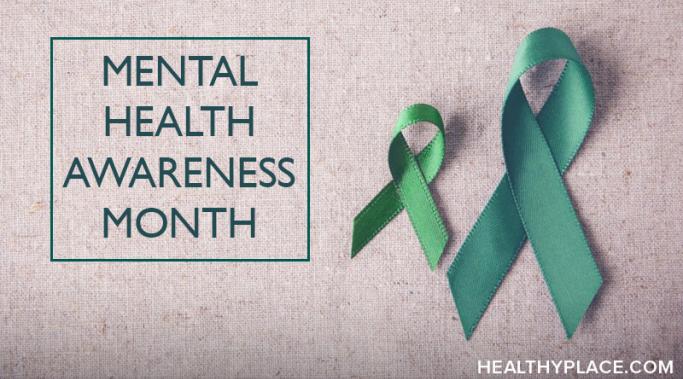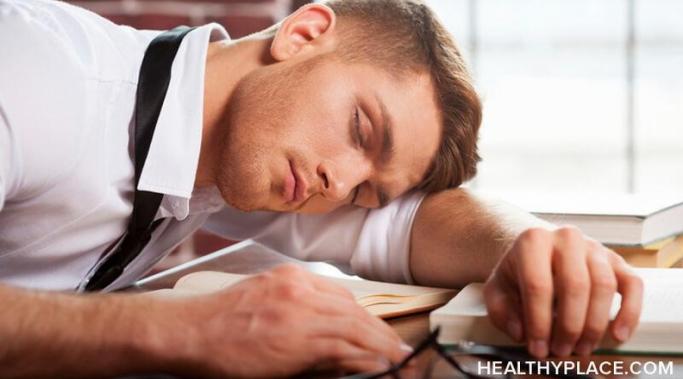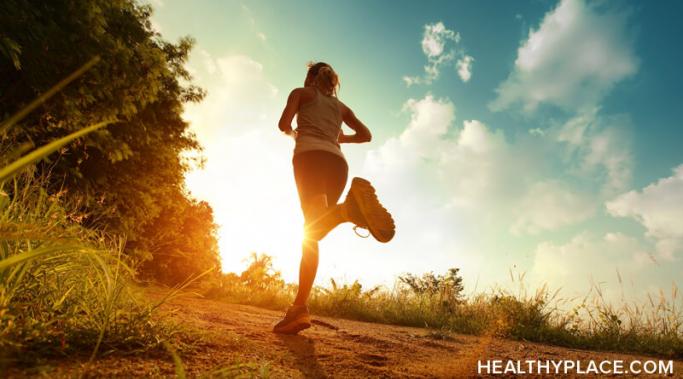Anxiety has many different treatment approaches, including medication for anxiety. In theory, this is a good thing. It means that you have a lot of different options to choose from for treating anxiety. However, it can also feel overwhelming to be faced with so many choices. Deciding whether to take anxiety medication can also be intimidating. While this post, of course, can't advise you on whether to take medication for anxiety (that's a very personal decision to be made with input from your doctor), it can help you with the decision-making process.
Anxiety-Schmanxiety
In a recent post, I discussed how anxiety impacts how I experience the passage of time. This is a huge topic to tackle, and so I didn’t even attempt to tackle it all–I focused exclusively on artificially depriving myself of sleep to make time appear to move slower. In this post, I want to focus on other ways time plays into my reactions to anxiety.
Beating anxiety involves intentionally doing the opposite of what anxiety is at its core. Anxiety isn't fun, it is almost devoid of positive purpose, and it robs us of passion for pursuing life. Therefore, cultivating passion, purpose, and fun despite anxiety can go far in beating anxiety.
One of the biggest benefits of modern technology is the ability to take a music collection, even one with tens of thousands of songs, with you at all times. Using iPods and, later, iPhones and iPads, I’ve had my music collection in my pocket for around 15 years.
To reduce anxiety, most of us naturally gravitate toward what is obvious and focus on our anxiety itself. Looking for its cause, trying to figure out our automatic negative thought patterns that exacerbate it, and addressing all of its many symptoms seem like the best way to tackle the problem. These approaches do have a place, but over-focusing on the front end of anxiety (the anxiety itself and what perpetuates it) can keep us stuck. When we do this, much of our focus is narrow and on the problem. What might happen if, instead, we worked backward to reduce anxiety?
I don’t know if I am unique in this respect, but I feel like I am more sensitive to the passage of time than others. How I experience the passage of time plays fairly heavily into how I respond to anxiety. In this post, I want to spend a bit of time discussing how time and anxiety intersect for me.
Help is available for anxiety. Sometimes, it doesn't seem like it. Anxiety is so common it's almost accepted as a fact of daily life that must be tolerated. On the other hand, though, many people have a hard time admitting that they experience anxiety for fear of being judged negatively for seeking help. Further, anxiety's symptoms are strong, and it can often seem like nothing can help. These are all illusions (albeit strong ones). Behind them lies the truth: anxiety is treatable and manageable, and you can find help for your journey away from anxiety and into a peaceful life. These suggestions can point you to anxiety help that works for you.
May is Mental Health Awareness Month, a month dedicated to highlighting mental health and mental health difficulties so that people understand how common it is to experience challenges and to provide a very realistic sense of hope. This message is crucial, for it reduces the unfortunate sense of shame and isolation that so many people feel when they suffer from anxiety or any other mental health challenge. In the spirit of Mental Health Awareness Month, here are some truths about anxiety.
Anxiety and being tired is common, and I’ve also noticed that anxiety can mess with your sleep patterns in weird ways. Sometimes, it’s impossible to get to sleep when you’re anxious – this makes sense, given that your mind is probably racing like crazy. But on the other hand, sometimes, if you’re anxious, you just can’t stay awake – this also makes sense because anxiety can make even the mundane seem overwhelming, and sleeping is a way to filter all that out. For me, there’s no telling when anxiety will cause me to be tired or lose sleep – recently, I’ve been going through a bout of always feeling tired, so I wanted to talk about that.
Exercise and mindfulness are both widely accepted and research-supported ways to reduce anxiety. Combined, their anti-anxiety power skyrockets. When you exercise mindfully, anxiety takes a big hit. Read on to learn why and how to do it.
